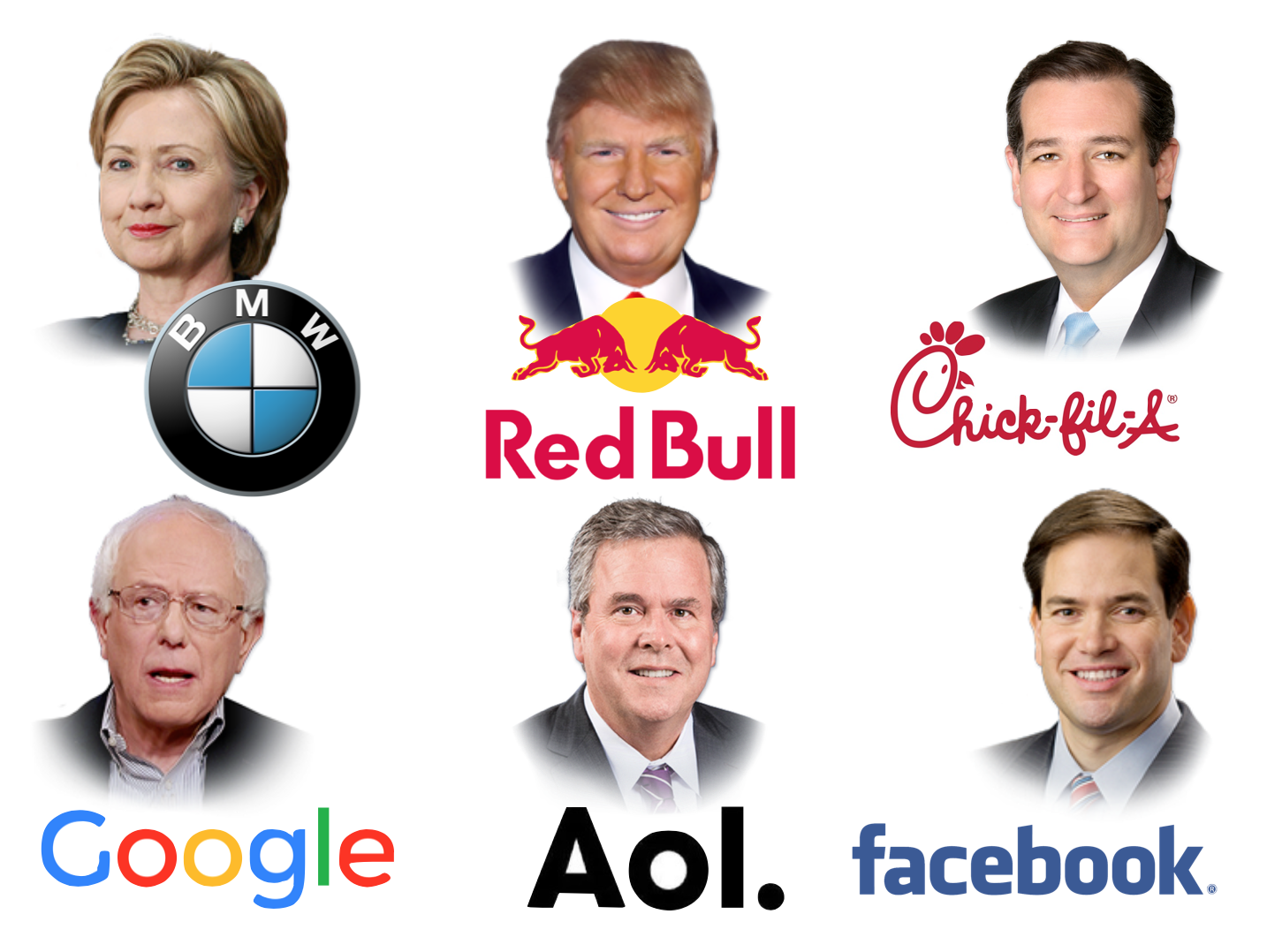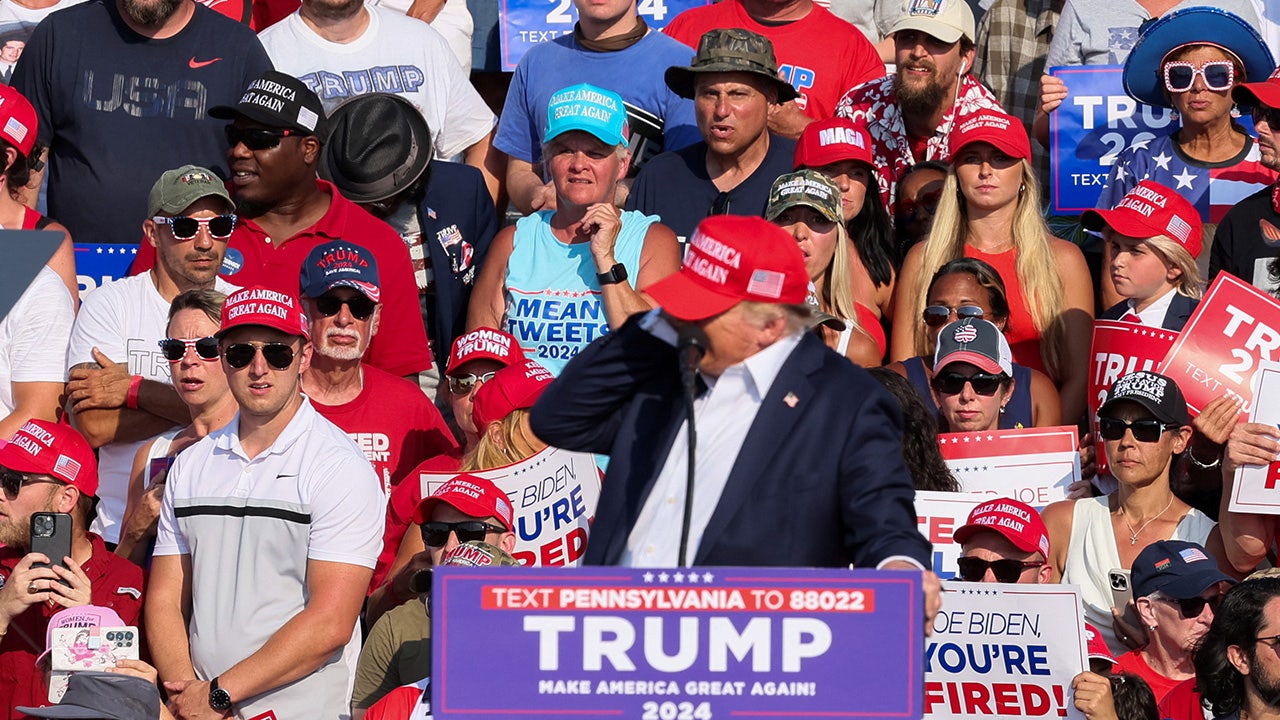Red Bull & Trump: Uncovering The Donation Truth | News
Is Red Bull, the globally recognized energy drink behemoth, embroiled in the murky waters of political donations, specifically concerning former President Donald Trump? Despite widespread speculation and online queries, the definitive answer remains elusive, with no concrete evidence surfacing to confirm direct financial contributions from the Austrian company to Trump's campaigns or related entities. This investigation delves into the available data, corporate practices, and the broader landscape of political giving to ascertain the truth behind these allegations.
The search for concrete evidence on whether Red Bull directly donated to Trump yields a consistent result: "We did not find results for: Did red bull donate to trump." This initial hurdle underscores the challenges in uncovering definitive links. The absence of readily available information doesn't necessarily equate to a denial, however, it suggests that if such contributions occurred, they were either structured in a way that obscures their origin or remain undocumented in publicly accessible databases. Examining corporate political engagement in its various facets is key to understanding such a situation.
To comprehensively assess the potential for such donations, its essential to unpack the mechanics of corporate political giving. In the United States, strict laws prevent corporations from directly contributing to federal election campaigns. Instead, companies often channel their political spending through Political Action Committees (PACs) or make contributions to 527 organizations. These entities serve as intermediaries, allowing corporations to participate in the political process without directly funding candidates. Typically, the board of directors or a designated committee within the corporation makes the decision on how to distribute that money. The contribution is then often placed in a separate bank account, explicitly to comply with existing campaign finance laws.
The rise of corporate PACs is a notable aspect of the American political landscape, they are a primary instrument through which businesses exert influence. Several large companies have PACs and, based on data from OpenSecrets' organization profiles, these PACs tend to favor Republican candidates. This phenomenon aligns with the broader trend of corporate interests often aligning with conservative agendas that emphasize reduced regulation and lower taxes. The complexities of this financial ecosystem make it difficult to trace precise donations, but it also highlights the significance of transparency and the ability to see how money moves through the system.
Analyzing publicly available records, such as those compiled by the Federal Election Commission (FEC) and the Center for Responsive Politics (OpenSecrets), is crucial. These databases provide a snapshot of political contributions. However, these are not always comprehensive. They often omit contributions to 527 organizations, which are not included in the individuals, PACs, or soft money columns. This means that the sum of these columns might not equal the total amount of political contributions.
The investigation into corporate political involvement extends beyond Red Bull, touching on the wider ecosystem of corporate backing for political candidates. Elon Musk is one of Donald Trump's most prominent supporters, whereas Bill Gates is alleged to have donated to Kamala Harris. Mark Zuckerberg's political allegiances remain less clear. These varying levels of support demonstrate how corporate leaders make their own political calculations, sometimes aligning with specific parties or candidates and sometimes spreading their support among different players.
Another layer of complexity is introduced by the use of inaugural funds. For instance, Airbnb contributed $100,000 to Trump's inaugural fund, but this donation followed an earlier contribution. This is just an instance of how a donation may be presented, and makes it challenging to draw direct conclusions regarding a company's genuine support for specific political campaigns.
The examination of Red Bull's political stance requires also an examination of its organization profile. Red Bull GmbH is a large multinational corporation with significant business operations worldwide. As with other major corporations, the company's political activity, if any, would most likely be overseen by a designated team or committee. Given the absence of explicit information about Red Bull's direct involvement, it is imperative to analyze the broader trends and evaluate the likelihood of corporate political activity in the specific context of the company's operations.
The Trump administration's approach to immigration, which involved increased detentions and deportations, provides essential context. While not directly connected, the policies of a particular administration may influence corporate political donations. This creates a complex web of interconnected interests and motivations.
The scrutiny surrounding former President Donald Trump's website, which crashed within minutes of his guilty verdict being announced, reflects the intense scrutiny surrounding his fundraising efforts. This underscores the importance of financial support to political campaigns.
In order to assess whether Red Bull contributed to Donald Trump, the available information, and the existing legal and financial constraints must be thoroughly analyzed. The absence of direct evidence suggests either a lack of direct donations or a more sophisticated method of political engagement.
While the central question of whether Red Bull donated to Trump remains unconfirmed, it is crucial to evaluate the broader context of corporate political engagement. This involves exploring the roles of PACs, inaugural funds, and the influence of key political figures. The lack of data about direct contributions doesn't necessarily mean that the company does not influence the process. Therefore, ongoing monitoring of corporate political activities is crucial to understanding the impact of financial influence on democratic processes.
The quest to unravel the truth regarding corporate political involvement, requires a methodical investigation and careful analysis of the available data. It's an ongoing process that involves both individual and organizational scrutiny.
As the article is written on the basis of information available till the date, so we didn't find any information about Red Bull donating to Trump, further if any information is found we'll update you.


